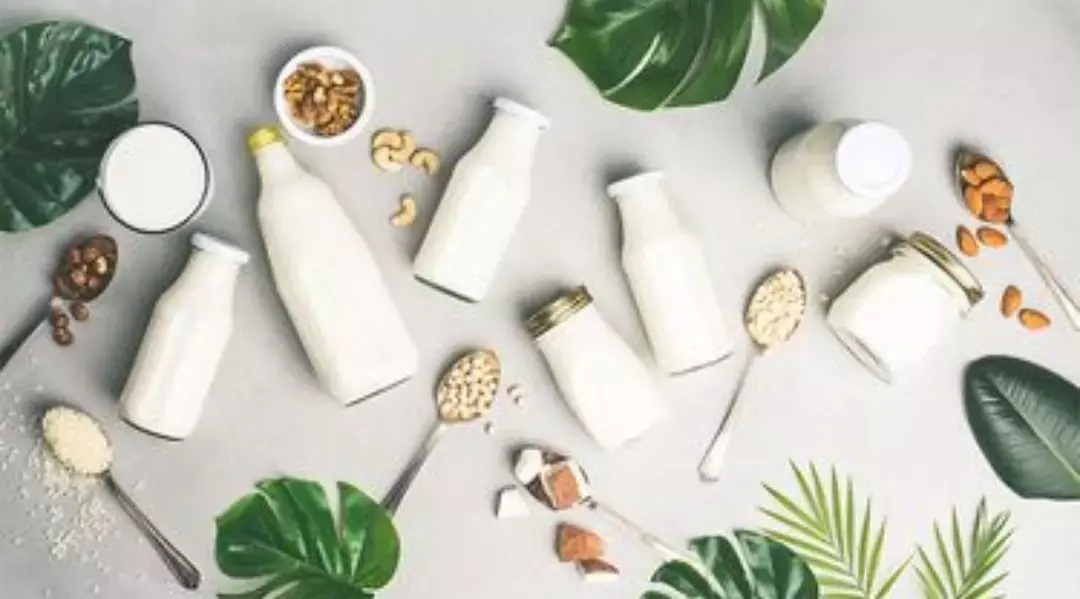- Home
- Medical news & Guidelines
- Anesthesiology
- Cardiology and CTVS
- Critical Care
- Dentistry
- Dermatology
- Diabetes and Endocrinology
- ENT
- Gastroenterology
- Medicine
- Nephrology
- Neurology
- Obstretics-Gynaecology
- Oncology
- Ophthalmology
- Orthopaedics
- Pediatrics-Neonatology
- Psychiatry
- Pulmonology
- Radiology
- Surgery
- Urology
- Laboratory Medicine
- Diet
- Nursing
- Paramedical
- Physiotherapy
- Health news
- Fact Check
- Bone Health Fact Check
- Brain Health Fact Check
- Cancer Related Fact Check
- Child Care Fact Check
- Dental and oral health fact check
- Diabetes and metabolic health fact check
- Diet and Nutrition Fact Check
- Eye and ENT Care Fact Check
- Fitness fact check
- Gut health fact check
- Heart health fact check
- Kidney health fact check
- Medical education fact check
- Men's health fact check
- Respiratory fact check
- Skin and hair care fact check
- Vaccine and Immunization fact check
- Women's health fact check
- AYUSH
- State News
- Andaman and Nicobar Islands
- Andhra Pradesh
- Arunachal Pradesh
- Assam
- Bihar
- Chandigarh
- Chattisgarh
- Dadra and Nagar Haveli
- Daman and Diu
- Delhi
- Goa
- Gujarat
- Haryana
- Himachal Pradesh
- Jammu & Kashmir
- Jharkhand
- Karnataka
- Kerala
- Ladakh
- Lakshadweep
- Madhya Pradesh
- Maharashtra
- Manipur
- Meghalaya
- Mizoram
- Nagaland
- Odisha
- Puducherry
- Punjab
- Rajasthan
- Sikkim
- Tamil Nadu
- Telangana
- Tripura
- Uttar Pradesh
- Uttrakhand
- West Bengal
- Medical Education
- Industry
Coffee, tea, milk, and yoghurt may cut risk of Hepatocellular Carcinoma

Among East-Asian population, ever drinkers (vs never drinkers), and higher alcohol intake are linked to have an increased risk of Hepatocellular carcinoma (HCC), finds a study, Further higher consumption of coffee, tea, milk, and yoghurt are associated with lower HCC risk.
The study has been published in Hepatology Communications.
Diet has been linked to hepatocellular carcinoma, although whether this is a causative association is unknown. As a result, Yunyang Deng and colleagues designed this study to investigate the potential causal links between eating habits and HCC risk in an East Asian population using Mendelian randomization.
Summary-level genome-wide association studies data for the following six dietary habits were obtained from BioBank Japan: ever/never drinker (n = 165,084), coffee consumption (n = 152,634), tea consumption (n = 152,653), alcohol consumption (n = 58,610), milk consumption (n = 152,965), and yoghurt consumption (n = 152,097). We also acquired information about HCC. As instrumental variables, single-nucleotide polymorphisms (SNPs) related with exposures were chosen (IVs). Forever/never drinkers, alcohol intake, and coffee consumption, five, two, and six SNPs were discovered, respectively. One SNP was utilized for tea, milk, and yoghurt consumption. The inverse variance weighted or Wald ratio was used to determine the odds ratios (ORs) and 95% confidence intervals (CIs) (for an IV with one SNP).
The key findings of this study were as follow:
1. Alcohol use and ever/never drinkers were both related with an increased risk of HCC.
2. Coffee drinking, on the other hand, was shown to be inversely connected to HCC risk.
3. Similar inverse relationships were seen for tea, milk, and yoghurt intake, with ORs of 0.11, 0.18, and 0.18, respectively (all p 0.001).
"These findings emphasize the significance of maintaining healthy dietary habits in the prevention of HCC. More MR studies with more and stronger SNPs, as well as bigger HCC cases, are required to validate extensively," said the Authors in conclusion
Reference:
Deng, Y., Huang, J., & Wong, M. C. S. (2022). Associations between six dietary habits and risk of hepatocellular carcinoma: A Mendelian randomization study. In Hepatology Communications. Wiley. https://doi.org/10.1002/hep4.1960
Neuroscience Masters graduate
Jacinthlyn Sylvia, a Neuroscience Master's graduate from Chennai has worked extensively in deciphering the neurobiology of cognition and motor control in aging. She also has spread-out exposure to Neurosurgery from her Bachelor’s. She is currently involved in active Neuro-Oncology research. She is an upcoming neuroscientist with a fiery passion for writing. Her news cover at Medical Dialogues feature recent discoveries and updates from the healthcare and biomedical research fields. She can be reached at editorial@medicaldialogues.in
Dr Kamal Kant Kohli-MBBS, DTCD- a chest specialist with more than 30 years of practice and a flair for writing clinical articles, Dr Kamal Kant Kohli joined Medical Dialogues as a Chief Editor of Medical News. Besides writing articles, as an editor, he proofreads and verifies all the medical content published on Medical Dialogues including those coming from journals, studies,medical conferences,guidelines etc. Email: drkohli@medicaldialogues.in. Contact no. 011-43720751


